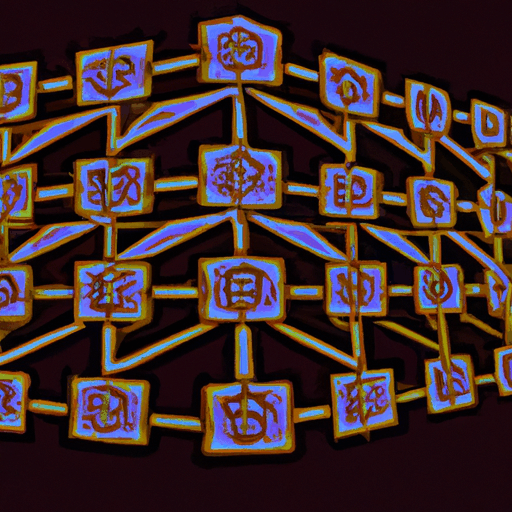
JPMorgan Introduces 24/7 Settlement with JPM Coin on Ethereum's Base
By: Eliza Bennet
JPMorgan has made a significant leap ahead of the Federal Reserve in the realm of 24/7 settlements by deploying its JPM Coin on Ethereum's layer-2 Base network. This strategic move enables instantaneous settlement of wholesale dollar transactions between specific JPMorgan clients. The JPM Coin has evolved into a deposit token named JPMD, backed by insured balances at the bank, and it is now being used in pilot transactions with financial heavyweights such as Coinbase and Mastercard.
JPMD represents deposit liabilities of a regulated, systemically important bank, taking advantage of Ethereum’s public rollup framework to offer programmable finance solutions. The bank positions this as commercial-bank money with smart contract functionalities, allowing liquidity access to corporate treasurers and trading desks around the clock, rather than waiting for the Federal Reserve to potentially extend Fedwire hours. However, full interbank settlement requires further compatibility with other banks’ token offerings or dependency on legacy systems for final conversion.
The implications of this move reflect on both Ethereum and Base in profound ways. JPMorgan's usage of the Ethereum L2 Base illustrates a formal adoption of a blockchain-based system by a traditional bank, underscoring the potential of Ethereum to cater to institutional requirements for security and compliance-gated applications. The deployment comes at a moment when Base, in collaboration with Coinbase, is positioning itself as a prime venue for institutional operations on-chain. This is a noteworthy departure from private or consortium blockchain models, marking Ethereum L2’s emergence as a significant contender in financial infrastructure.
In light of this transition, JPM Coin's integration on Base raises questions about the future interactions between deposit tokens and stablecoins in commercial settings. While USDC remains a benchmark for open, permissionless transactions, deposit tokens like JPMD provide an interest-bearing option within the banking perimeter, attenuating some institutions' regulatory concerns regarding stablecoin holdings. The ultimate evolution of deposit tokens into broader infrastructure will depend on achieving multi-bank interoperability and standardized approaches. Until then, banks like JPMorgan may enjoy a significant advantage, offering liquidity solutions and bypassing conventional banking hour constraints.



